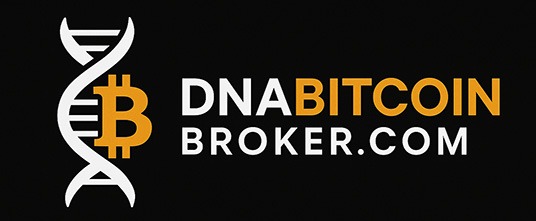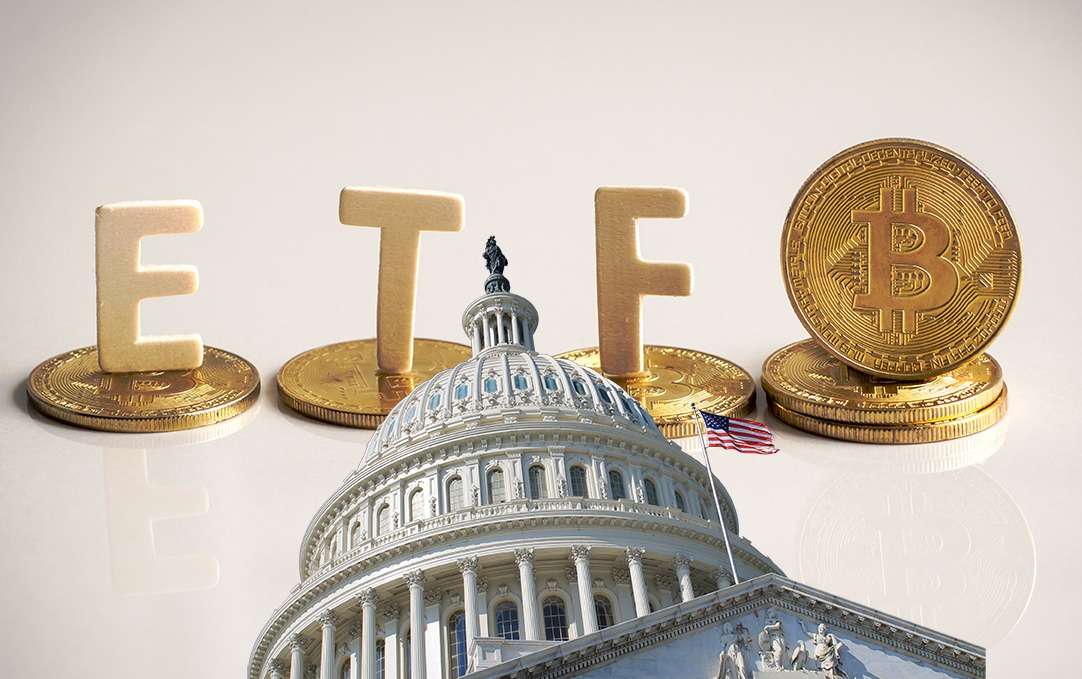Escrow has long been the domain of lawyers, banks, and licensed intermediaries. For centuries, high-value transactions—such as real estate, mergers, art sales, and private capital flows—have relied on slow, expensive, and trust-based systems to settle securely.
Now, blockchain-based escrow is dismantling these barriers.
“Smart contracts transform trust from a lawyer’s word into verifiable code, turning slow settlements into programmable certainty.”
— DNA Crypto Knowledge Hub
Read more on programmable assets
From Legal Trust to Code-Based Certainty
Traditional escrow requires human oversight, cross-jurisdictional document checks, and a tolerance for settlement delays of T+2 to T+5. Each layer adds cost, friction, and the potential for error or fraud.
Blockchain-powered escrow replaces intermediaries with:
– Smart contracts for automated execution
– HTLCs (Hashed Time-Locked Contracts) for conditional, verifiable transactions
– Oracles for real-world data feeds, ensuring external events (title transfers, KYC triggers) finalise payment releases
This means transactions can now settle instantly, globally, and with reduced counterparty risk, particularly in OTC crypto, private capital markets, and cross-border asset deals.
“Code is the new custodian.” — DNA Crypto
Why Smart Escrow Beats Legacy Escrow
| Legacy Escrow | Smart Contract Escrow |
| Lawyer-dependent | Automated execution |
| Settlement delays | Instant finality |
| Jurisdictional friction | Global, borderless |
| High fees | Minimal on-chain costs |
| Human error potential | Immutable, auditable |
Compliance-by-Design: Lawful Automation
Automation does not mean lawlessness.
Platforms like DNA Crypto integrate:
-
– KYC APIs to verify identities before escrow activation
-
– AML monitoring for transaction integrity
-
– Banking APIs for fiat-crypto conversion tied to on-chain conditions
This compliance-by-design approach ensures that smart escrow aligns with regulatory frameworks, such as MiCA, supporting family offices, private banks, and institutional investors seeking crypto exposure with robust safeguards.
“MiCA sets the floor, not the ceiling. For elite investors, it’s only the beginning of due diligence.”
How MiCA Shapes Crypto Custody
Real Estate and High-Value Transactions: The Next Frontier
Smart escrow is a natural fit for real estate, where tokenized property and blockchain-based registries enable programmable settlement:
– Payments are released upon verification of the on-chain title transfer
– Cross-border deals finalized with instant crypto payments
– Smart contracts reduce reliance on costly intermediaries
For art, collectables, private equity secondaries, and cross-border lending, programmable escrow automates authenticity verification, delivery tracking, and payment, minimising default risk.
“Using tokenized assets as collateral turns static wealth into dynamic liquidity.”
Read more
Conclusion: Escrow, Upgraded
Escrow is evolving from trust-based intermediation to code-based, compliance-ready automation. This will define the next era of high-value transactions, from tokenized real estate to cross-border asset transfers.For institutions and UHNWIs, smart escrow offers:
– Lower costs
– Faster settlements
– Enhanced security
– Cross-border scalability
It’s no longer a question of whether smart escrow will replace traditional models. The question is when you will integrate it into your deal flow.
Image Source: Adobe Stock
Disclaimer: This article is purely for informational
purposes. It is not offered or intended to be used for legal, tax, Investment
or financial advice.












